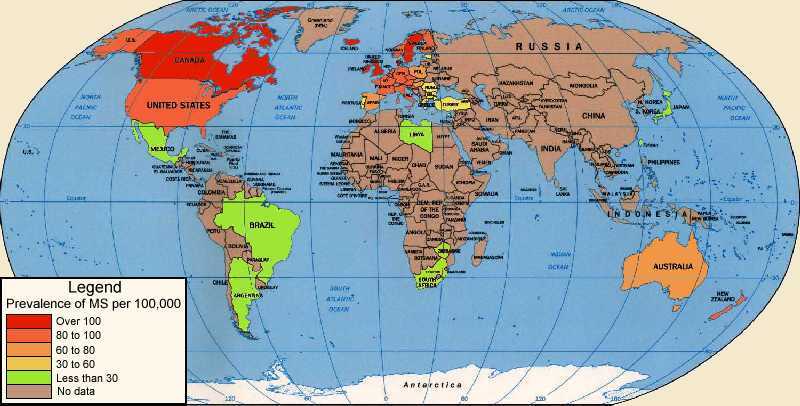
An Ontario man with multiple sclerosis died of complications after a controversial treatment in Costa Rica to open up his neck veins, CBC News has learned.
Mahir Mostic, 35, of St. Catharines died on Oct. 19, one day after doctors in the Central American country tried to dissolve a blood-clot complication.
“We didn’t find exactly what happened with Mahir, but I mean it was very terrible story for us,” vascular surgeon Dr. Marcial Fallas of Clinica Biblica in San Jose said Thursday.
“He was a person that was looking [for] some way to improve his life. He found that for a short period of time his life improved.”
After Mostic paid $30,000 US to go to Costa Rica for treatment in late June, he was operated on three times to have a mesh stent inserted to prop open a vein in his neck.
“He started feeling better and got his energy back,” his girlfriend, Bedrana Jelin, said from Visoko, Bosnia-Herzegovina.Mahir Mostic’s MS symptoms improved after his neck veins were opened, but then worsened with fatal blood clot complications, his doctor in Costa Rica said. (Bedrana Jelin)
But his MS symptoms started getting worse and a blood clot formed around the stent in the vein, Fallas said. An ultrasound showed that the vein was 80 per cent blocked.
Mostic was disappointed and desperate. His friends and loved ones raised another $8,000 US to send him back to Costa Rica after they had trouble getting a specialist to see him in Canada.
“They didn’t want to touch him because he was done outside of Canada,” Jelin said.
Mostic flew back to Costa Rica for treatment, but died in hospital there after doctors tried to dissolve the clot using powerful medication that Fallas thinks triggered internal bleeding.
Fallas said his clinic normally doesn’t use stents because they are considered risky. but he said Mostic was willing to take the risk.
Unable to walk
Mostic had been diagnosed with a fast-moving type of multiple sclerosis three years ago. When he first sought the vein-opening procedure, he hadn’t walked for 18 months.
Angioplasty, inflating small balloons to open up arteries, is commonly done for heart patients but is not an approved procedure for unblocking neck veins in MS patients in Canada.
A blood clot in the vein might be more dangerous to fix than to leave alone, said Dr. Barry Rubin, the head of vascular surgery at Toronto’s University Health Network.
“Since veins have a remarkable ability to grow in other locations if one of the veins is blocked, generally it’s extremely safe to just put the patient on blood thinners to try and prevent the clot from extending or breaking off into the lungs, and just waiting,” said Rubin, who is also a professor of surgery at the University of Toronto.
Dr. Marcial Fallas treated Canadian Mahir Mostic in Costa Rica. (Passport Medical)
“You don’t have to go in and dissolve the clot once it’s formed, if it’s in a vein.”
Rubin said Mostic isn’t the first case of a serious complication in an MS patient who has sought treatment outside Canada. Last week, he treated a woman who had the vein procedure in Mexico.
“We found extensive clotting in the left arm reaching into the chest veins, and some of the clots had broken off and travelled to her lungs, which is called a pulmonary embolus, which is life threatening, potentially life-threatening complication.”
Dr. Paulo Zamboni of Italy is a leading proponent of treating multiple sclerosis with angioplasty. His therapy is based on an unproven theory, known as chronic cerebrospinal venous insufficiency (CCSVI), that blocked veins in the neck or spine contribute to MS.
In April, Zamboni warned patients attending the American Academy of Neurology’s annual meeting in Toronto against using stents — small mesh coils — because of the high risk of the stents moving and lack of knowledge about their long-term effects.
In Canada and the U.S., seven research studies are underway to test for vein narrowing in people with MS compared with people without MS.
“Something has to be done because other people are suffering,” Jelin said. “And something has to be done because it’s not fair I lost someone very close to me.”